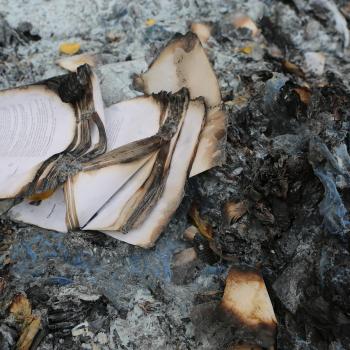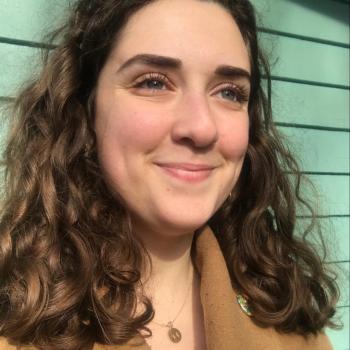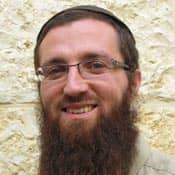One of the many misunderstood Jewish practices is the well-known Kaddish.
People are familiar with it since it is said by mourners after their close relative passes away and on the anniversary of their death every year thereafter.
The interesting thing is that the Kaddish does not mention a word about family, dead people, or mourning whatsoever.
Another interesting tidbit about the Kaddish prayer is that, unlike most prayers, Kaddish is not in Hebrew. Instead it is in Aramaic, begging the question—Why?
Re-evaluating Life
On Rosh Hashonah, one of the archetypal lines we say in the prayers and colloquially is that the Book of Life and the Book of Death are opened before God. Classically this is understood to mean that God is inscribing those of us who will live through the following year into the Book of Life, and those of us who will not make it through into the Book of Death.
However, there is a Kabbalistic interpretation of this phrase that brings an additional meaning with an interesting twist.
The idea that the Book of Life and the Book of Death are open before God on Rosh Hashonah is that both those of us alive in this world as well as those who are no longer with us, come before God in judgment each year. That is to say, every year on Rosh Hashonah there is an evaluation of one's life based on the year that is coming to a conclusion.
This interpretation brings with it an obvious question. If someone passed away fifty years ago, what has changed this year in terms of the life that he lived? If an individual has not had any additional free will choices nor undergone any trial or tribulation, why re-evaluate? Is God unsure if He got it right the first time?
Long Lasting Effects
The answer to this is that one's actions do not only include the actions themselves, but the effects of those actions as well. The judging and evaluation that is taking place for the person that has been long gone is a judging of the effects of his actions in this world to this day. That is to say, Hitler is feeling the effects for the Neo-Nazis of the present day who continue to draw strength from him and his actions.
Contrast that with someone who builds a hospital that serves the public for centuries; certainly, he has a merit in all the positivity that comes to people by way of the hospital even after he has left his mortal physical life.
An Heir to Your Actions
The thing a person can most point to as a result of his or her presence in the world is his or her own child. When a person's child says the Kaddish, the parent merits being the "source" of the message of Kaddish being publicly spread.
Similar is the case of a rabbi who departs from this world leaving students behind. One who is closely affiliated and committed to such a spiritual guide should say Kaddish upon his passing away as one does for a parent. The Talmud explains that one who teaches another Torah is as if he is their parent, since, just as one's parent brings him into This World, his rabbinic spiritual mentor brings him into the World to Come.
The message of Kaddish, as evident from the text of the Kaddish itself, is God-awareness. Therefore, when a person takes a minute to say Kaddish in a public (i.e., a minyan, a prayer quorum), for that minute he is fulfilling God's purpose in creating the Jewish People to be a light unto the nations and doing what the world was created for by expressing the message of God as its essence, context, and purpose.
For this reason, Kaddish is said in Aramaic—the language of conversation. In a sense, Kaddish is not a prayer, but rather a proclamation. It is a communication of the Jewish message from those who lead the Kaddish to those hear it, bringing those who hear it to answer in kind.
Living Beyond the Grave
A good example of the far-reaching spiritual outcome an individual can have is the leading commentator on the Torah, Rashi, who lived approximately one millennia ago. His works help the entire Jewish world to study and understand the Torah and the Talmud to this day. Rashi's efforts have clearly reached way beyond the grave, and he reaps the benefit for that—he experiences himself as someone who made such an impact. As the impact grows, so does one's experience of self. After all, that is part of the role he played here in this world.
If I author this article and twenty years from now someone lets me know that it made a positive difference in their life, I will still be happy to have contributed even though it has been twenty years since I wrote it. Despite the time that has passed, I continue to grow in the experience of who I am and what I have merited to accomplish with God's help.
Such is the story of the human life-cycle.
As one's life transitions into later stages, one remains affected by what he or she experienced as a child. Similarly, what I do and personify in this physical life remains a real part of my identity when I leave this physical life.





